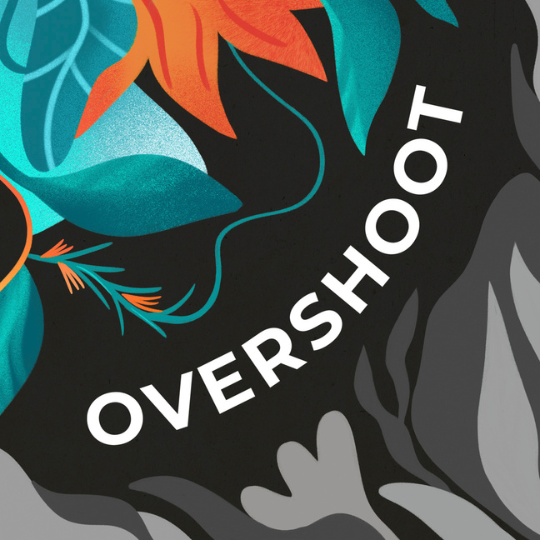Listen on your favorite app
OVERSHOOT | Shrink Toward Abundance
OVERSHOOT tackles today’s interlocked social and ecological crises driven by humanity’s excessive population and consumption. The podcast explores needed narrative, behavioral, and system shifts for recreating human life in balance with all life on Earth. With expert guests from wide-ranging disciplines, we examine the forces underlying overshoot: from patriarchal pronatalism that is fueling overpopulation, to growth-biased economic systems that lead to consumerism and social injustice, to the dominant worldview of human supremacy that subjugates animals and nature. Our vision of shrinking toward abundance inspires us to seek pathways of transformation that go beyond technological fixes toward a new humanity that honors our interconnectedness with all beings. Hosted by Nandita Bajaj and Alan Ware. Ranking in the top 1.5% of all podcasts globally, we draw listeners from across 150 countries.
Read our Listener Feedback. | Support this podcast. | Subscribe to our newsletter.
New to our podcast?
There are over 80 episodes of OVERSHOOT. If you are new to the podcast and looking for a good place to start, we recommend you listen to these episodes first.
Latest Episodes

Global Conflict, Misogyny, and Resistance
Patriarchy and misogyny fuel global conflicts that further increase the oppression of women and girls. But the resistance of women and girls remains steadfast. Sally Armstrong, journalist, author, and human rights activist, joins us.

Progressive Pathways for a Smaller Population
Population dynamics are deeply connected to environmental sustainability and social justice. That's the message of Pam Wasserman and Hannah Evans from Population Connection - the oldest grassroots population organization in the U.S.
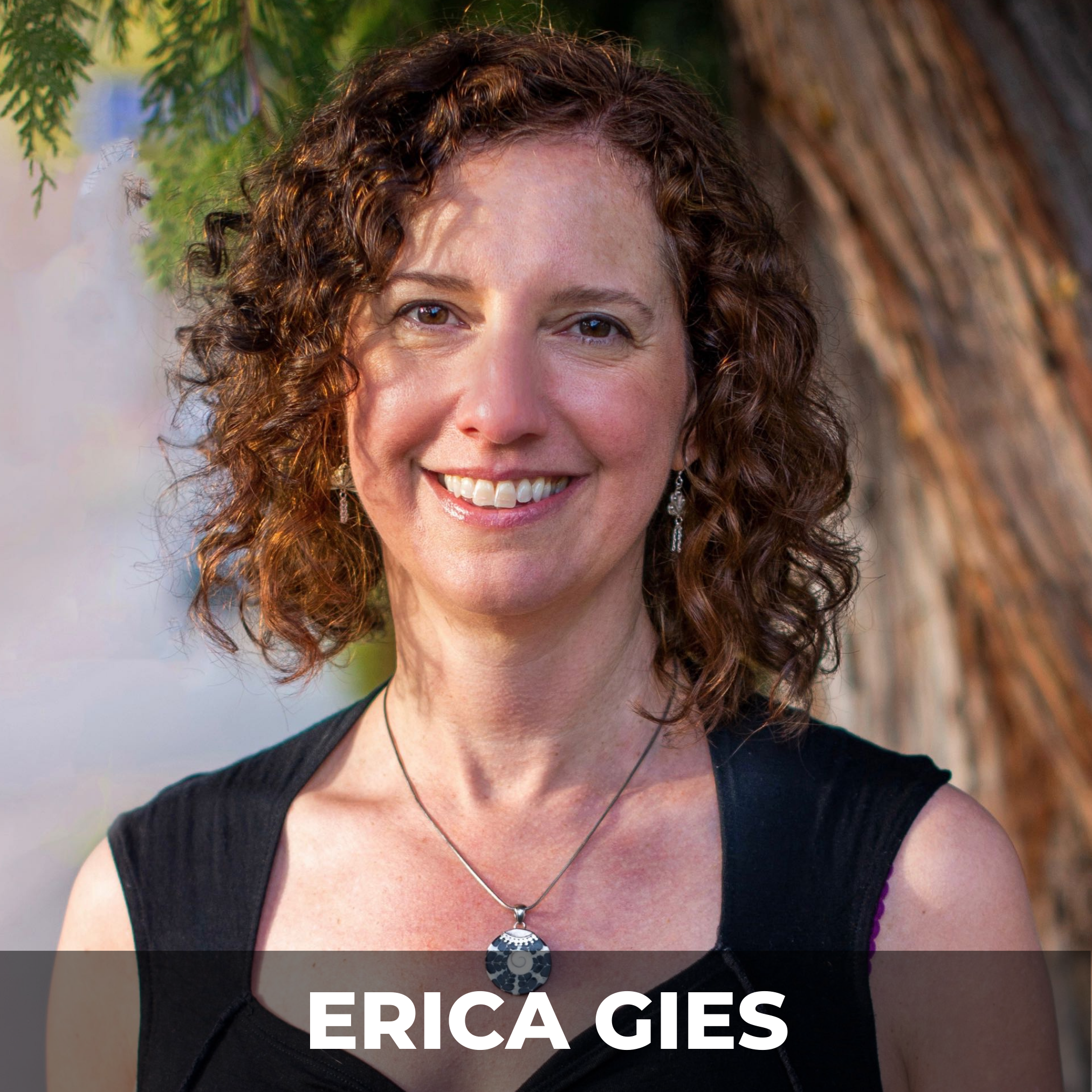
What Does Water Want? | Restoring Earth by Realigning with Water’s Rhythms
Erica Gies, award-winning journalist and author of Water Always Wins: Thriving in an Age of Drought and Deluge, chats with us about the complex relationships between water, nature, and human societies, emphasizing the need to embrace 'slow water'—respecting the natural rhythms of water’s cycles for the benefit of both human and nonhuman life.
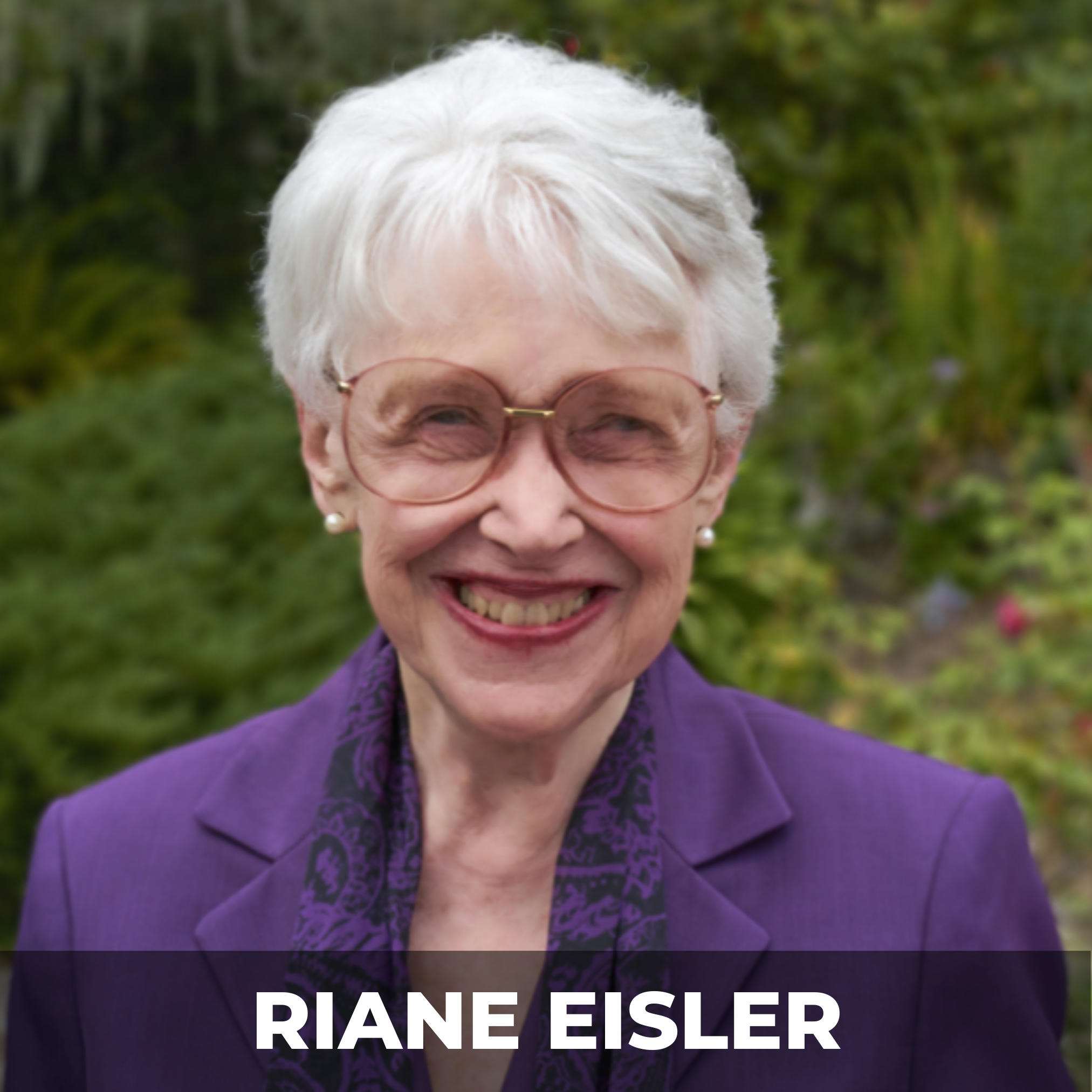
Confronting the Population Taboo: Moving from Dominator to Partnership Societies
In this episode we speak with Riane Eisler, a social systems scientist, futurist, cultural historian, attorney, consultant, speaker, and author of many books, including The Chalice and the Blade and The Real Wealth of Nations, about how to construct a more equitable, sustainable and less violent world based on partnership rather than domination.
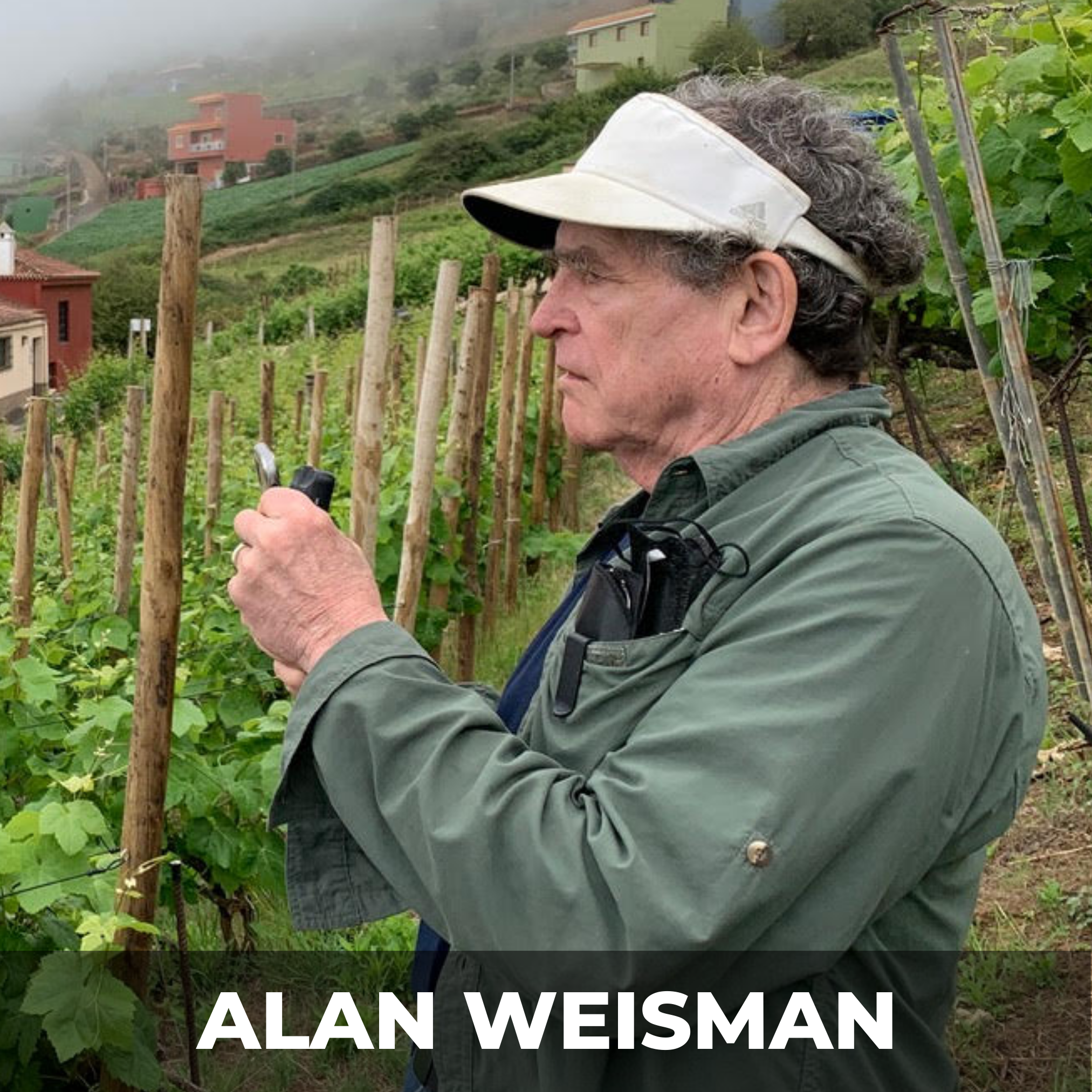
Countdown: Our Last, Best Hope for a Future on Earth?
In this episode with award-winning author and journalist Alan Weisman, we discuss his book Countdown capturing his journey to over 20 countries over five continents to ask what experts agreed were probably the most important questions on Earth, and also the hardest. How many humans can the planet hold without capsizing?
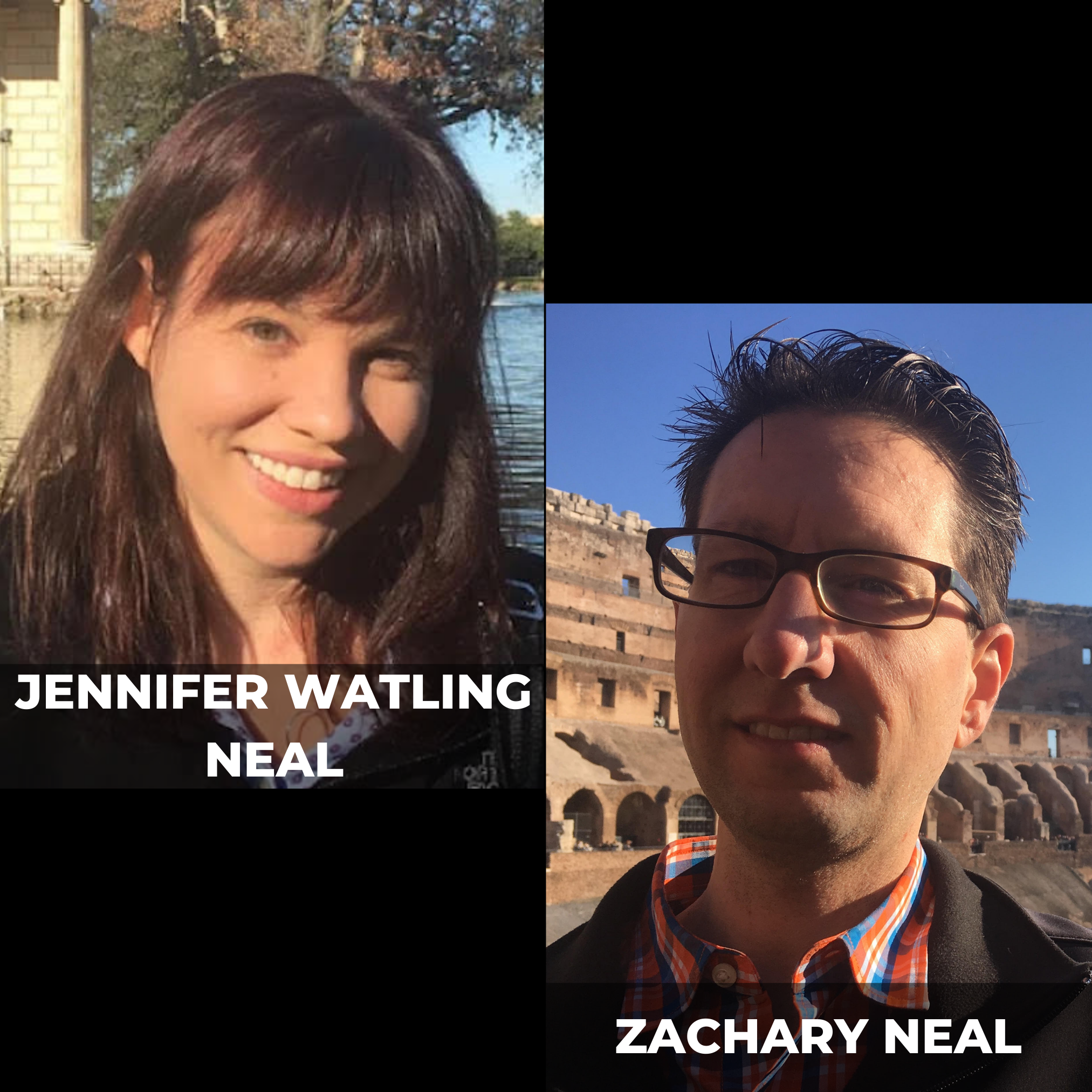
Getting the Numbers Right: The Childfree Choice More Prevalent than Reported
In this episode with Dr. Zachary Neal and Dr. Jennifer Watling Neal, we explore their research about the prevalence and characteristics of childfree adults in the US and globally, and how their research methods not only offer a more inclusive representation of this globally minoritized group, but also more objective demographic data.
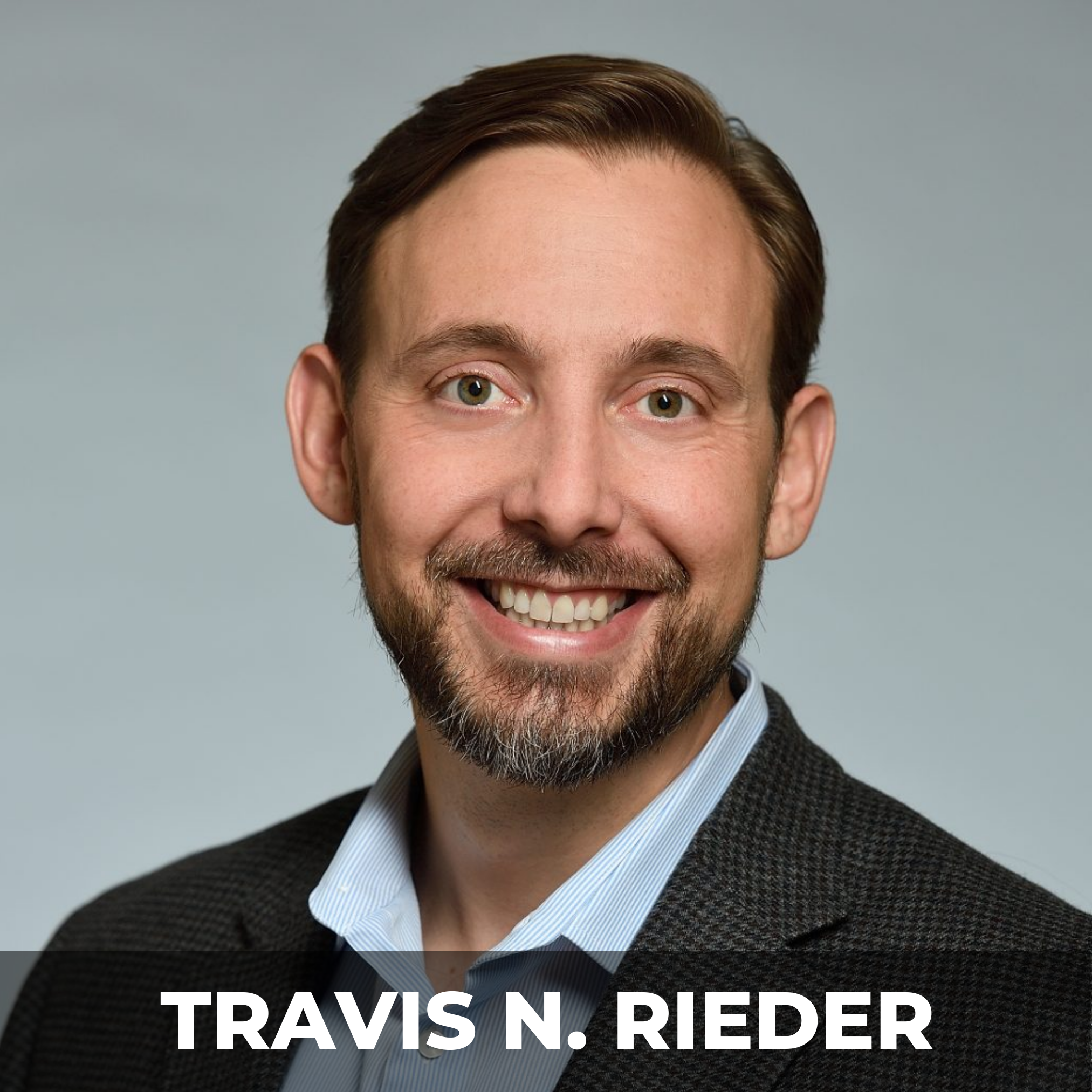
Catastrophe Ethics: How to Choose Well in a World of Tough Choices
In this episode with bioethicist and moral philosopher Dr. Travis N. Rieder, we discuss his latest book Catastrophe Ethics, in which he explores how individuals can make morally decent choices in a world of confusing and often terrifying problems.

Breaking Out of the Baby Matrix: Busting Common Pronatalist Myths
In this interview with Laura Carroll, internationally recognized expert on pronatalism and the childfree choice, we unpack the many pervasively pronatalist assumptions that people have to navigate while deciding whether or not to have children, and the effects of those decisions on people and planet.

The Patriarchs: How Men Came to Rule
In this interview with award-winning science journalist Angela Saini, based on her bold and radical book The Patriarchs: How Men Came to Rule, we explore the roots and complex history of how patriarchy — in the form of gendered roles, pronatalism, and militarism — first became embedded in societies and spread across the globe from prehistory into the present.
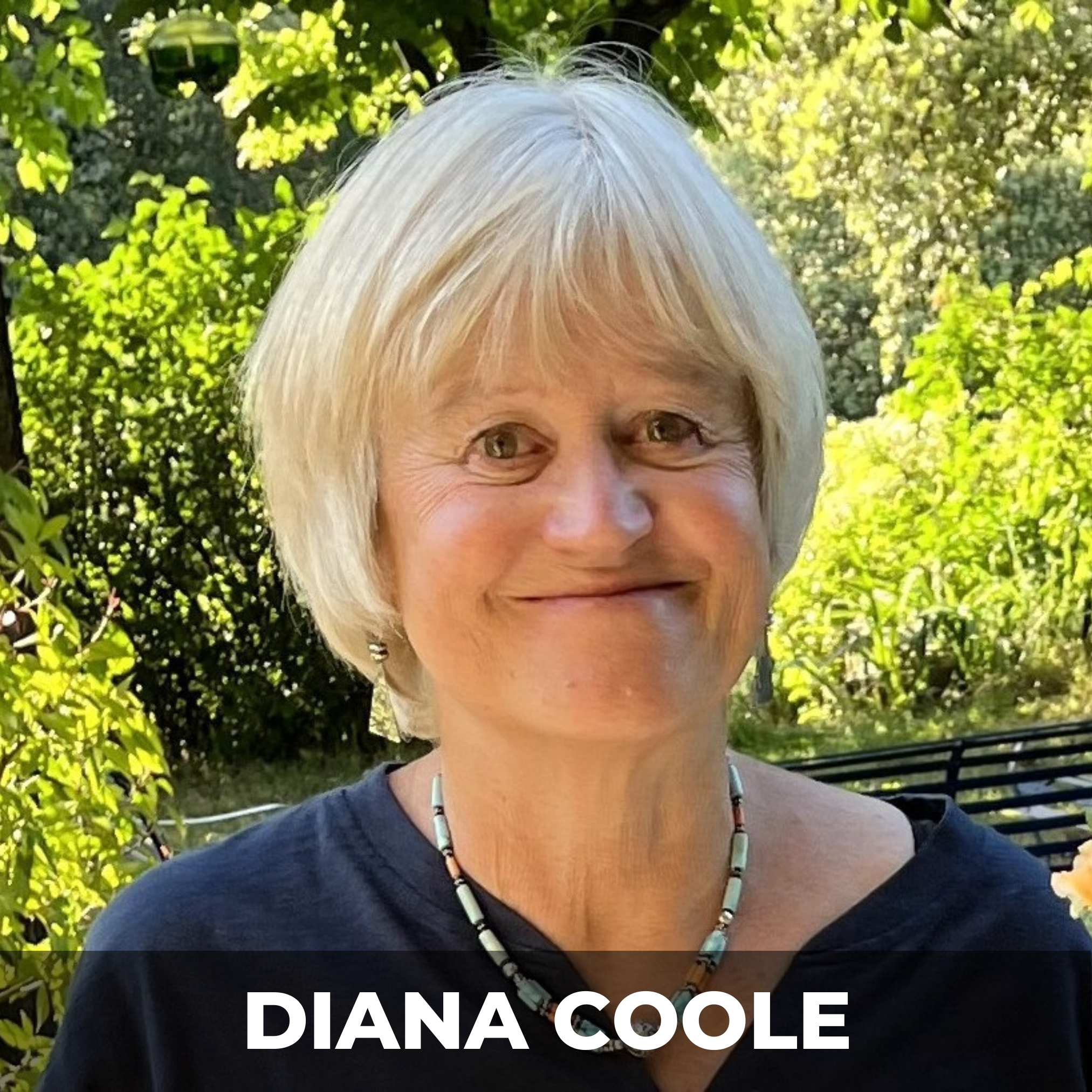
The Toxification of Population Discourse: How Population Became a Dirty Word
When and why did population become a dirty word? And why are so many people shamed for advocating for population reduction? In this episode with political theorist and feminist scholar, Dr. Diana Coole, we unpack the history of the toxification of the population discourse over the last 30 years and the dire social and ecological consequences that this silencing has unleashed.
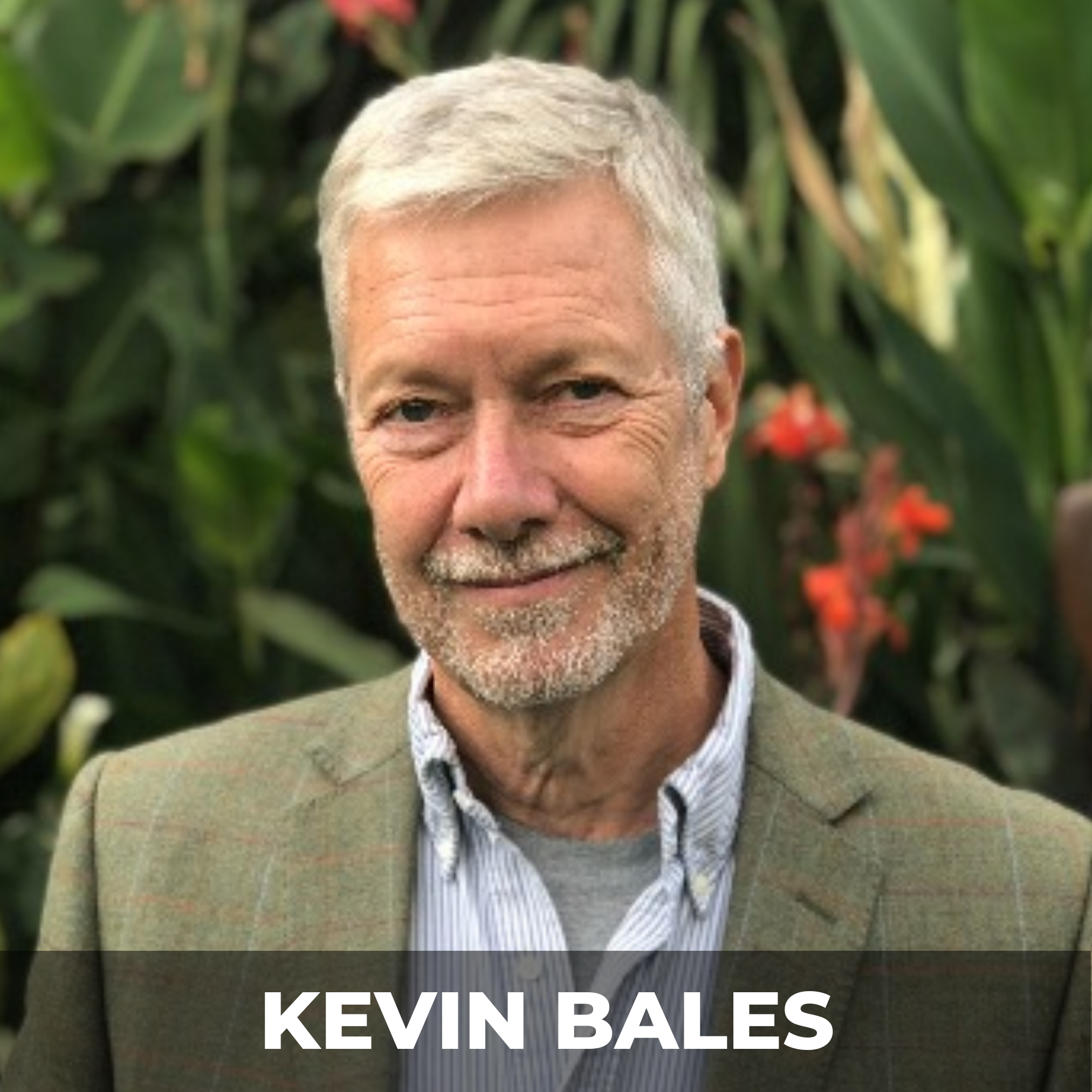
Population Growth, Modern Slavery, and Ecocide
Dr. Kevin Bales, world-renowned expert on contemporary global slavery, shines a light on the human rights violations and ecocidal impacts of modern day slavery, and the role that population growth, patriarchal pronatalism, religion, political regimes, global and local economies, and conflict play in perpetuating it.

Neoliberalism in the Womb: Japan’s Answer to its Baby Shortage Panic
Japan-based feminist scholar, Dr. Isabel Fassbender, discusses the toxic mix of patriarchy, biomedical capitalism, and nationalism that has emerged in response to Japan’s slightly declining population.
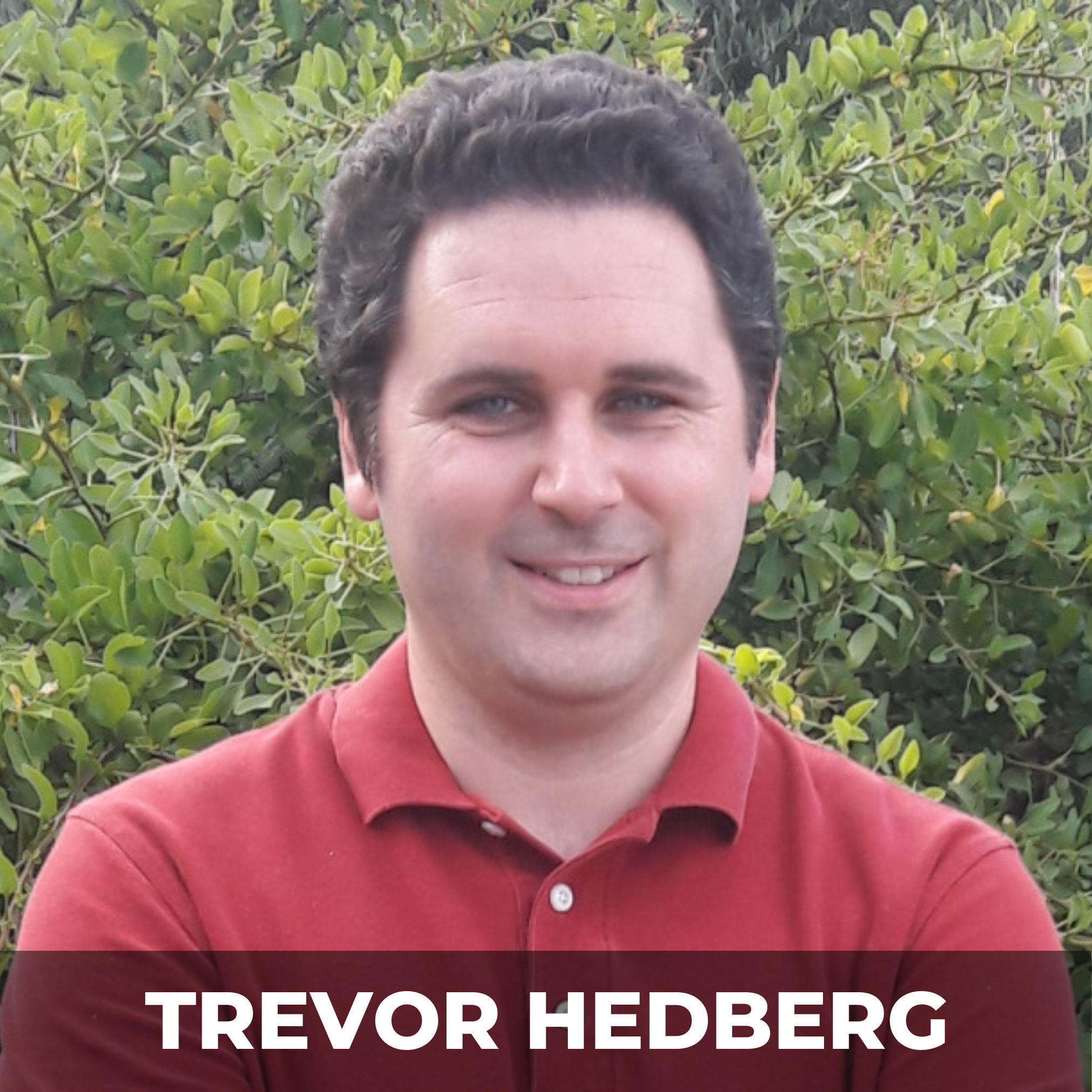
The Environmental Impact of Overpopulation: The Ethics of Procreation
Dr. Trevor Hedberg discusses his recent book The Environmental Impact of Overpopulation: The Ethics of Procreation about the ethical implications of procreation, both in terms of the risk of harm to the child and to the planet, understanding how pronatalism influences procreative decision-making, while rejecting antinatalist and misanthopic philosophies.
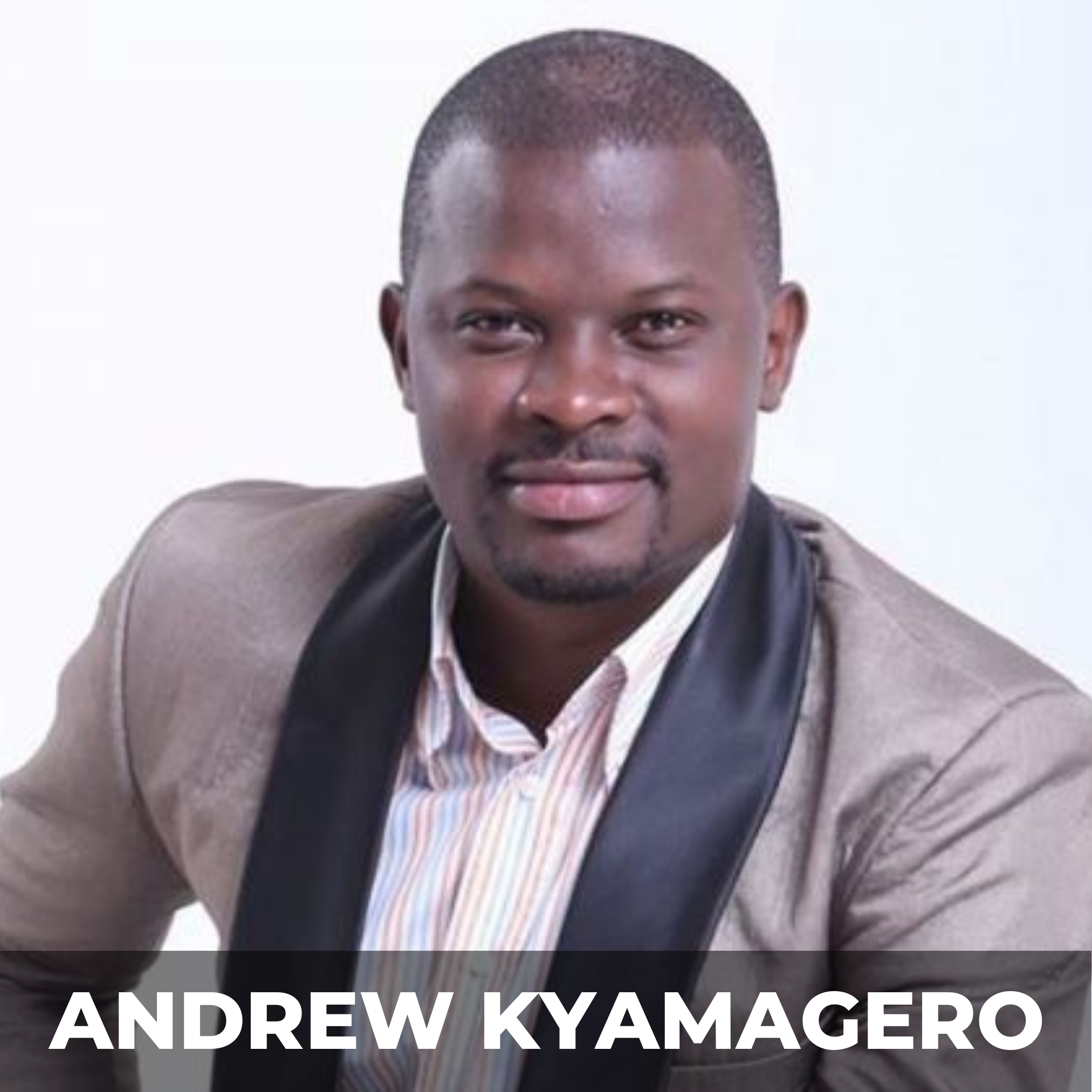
Engaging Boys and Men to Confront Patriarchy in Uganda
Andrew Kyamagero, an award-winning Ugandan journalist and family-planning advocate discusses the interaction of population dynamics, family planning, and male involvement in the promotion of gender equity within Uganda.
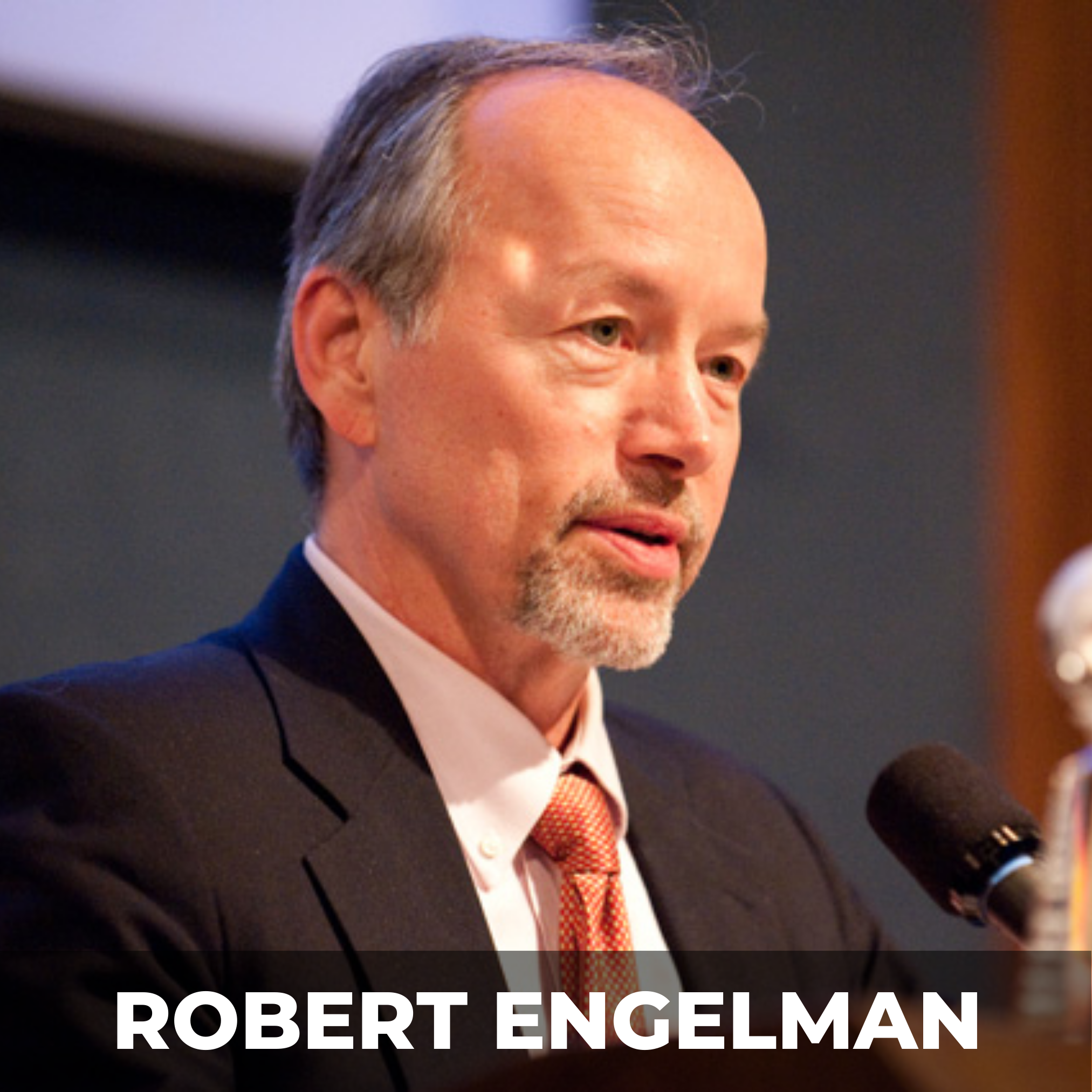
Reproductive Autonomy: A Human Right and a Foundation for a Healthy Planet
In honor of World Population Day, long-term researcher, writer, and advocate of reproductive and planetary health, Robert Engelman shines a light on the intimate links between reproductive autonomy and planetary health.
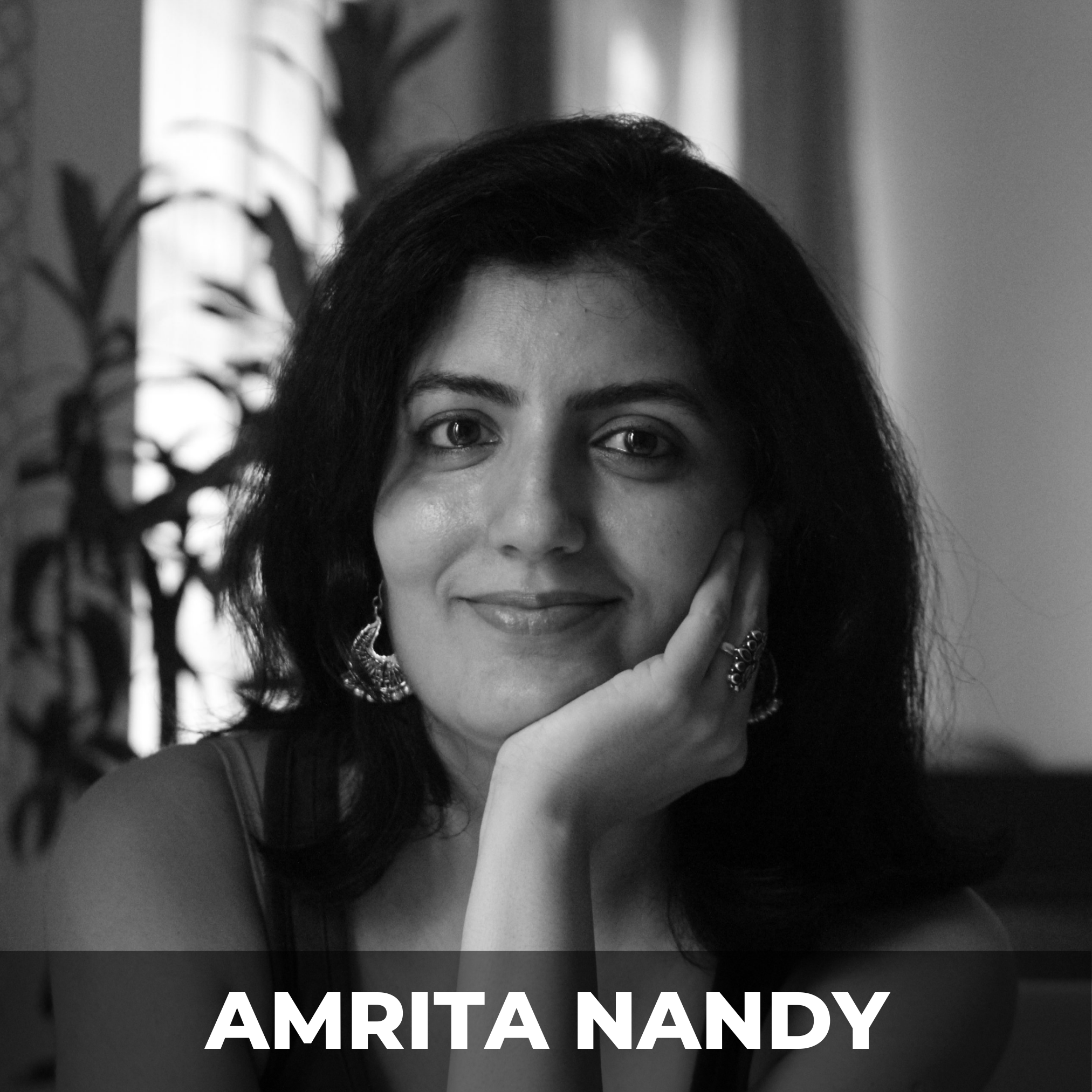
Patriarchy, Motherhood, and the Search for Meaning
Dr. Amrita Nandy, India-based feminist scholar addresses the questions: If autonomy is a basic human right, why do many women have little or no choice when it comes to motherhood? Do women know they have a choice? And how might we reimagine the widest sense of family-making and spiritual kinship that includes our love for all humans and more-than-humans?
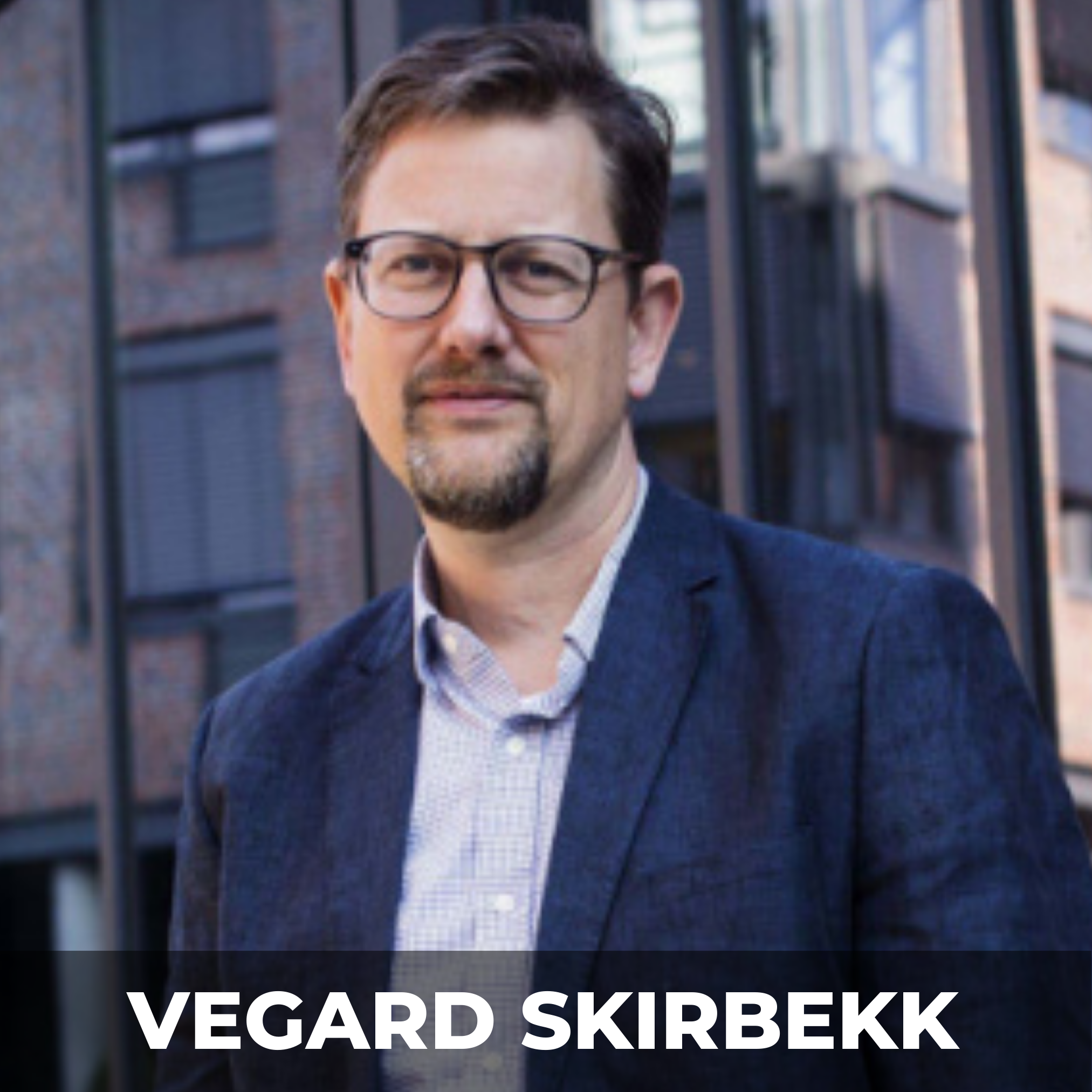
Embracing an Aging Population & Declining Fertility with Dignity
Population economist and author of the book, Decline and Prosper! Changing Global Birth Rates and the Advantages of Fewer Children, Dr. Vegard Skirbekk takes us through decades of demographic research to show why a declining birth rate is not only a positive trend but one that can lead to more prosperity.

An OB-GYN Unpacks the “Biological Clock,” Abortion, & Medical Pronatalism
OB-GYN Dr. Kristyn Brandi unpacks the “biological clock”, medical pronatalism, & the state of abortion care in post-Roe America. We also discuss the history of reproductive control & why understanding Critical Race Theory (CRT), Reproductive Justice (RJ), & pronatalism, is essential to justice & sustainability.
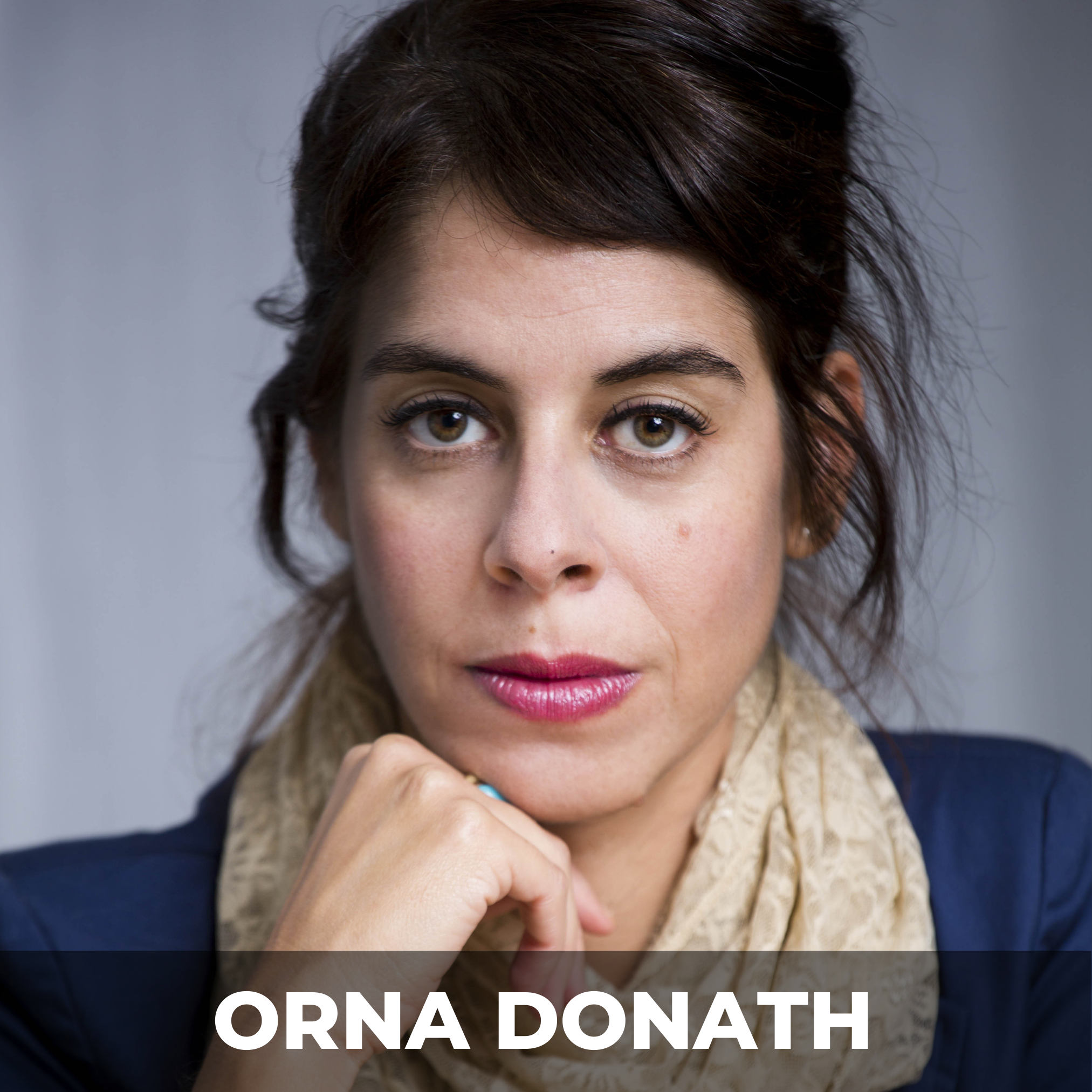
Breaking the Taboo on Motherhood Regret
Israeli sociologist Dr. Orna Donath discusses her groundbreaking research on motherhood regret, including the stringent control that society has over our emotions and actions, and how pronatalism is a cause for much confusion and suffering for parents and non-parents alike.
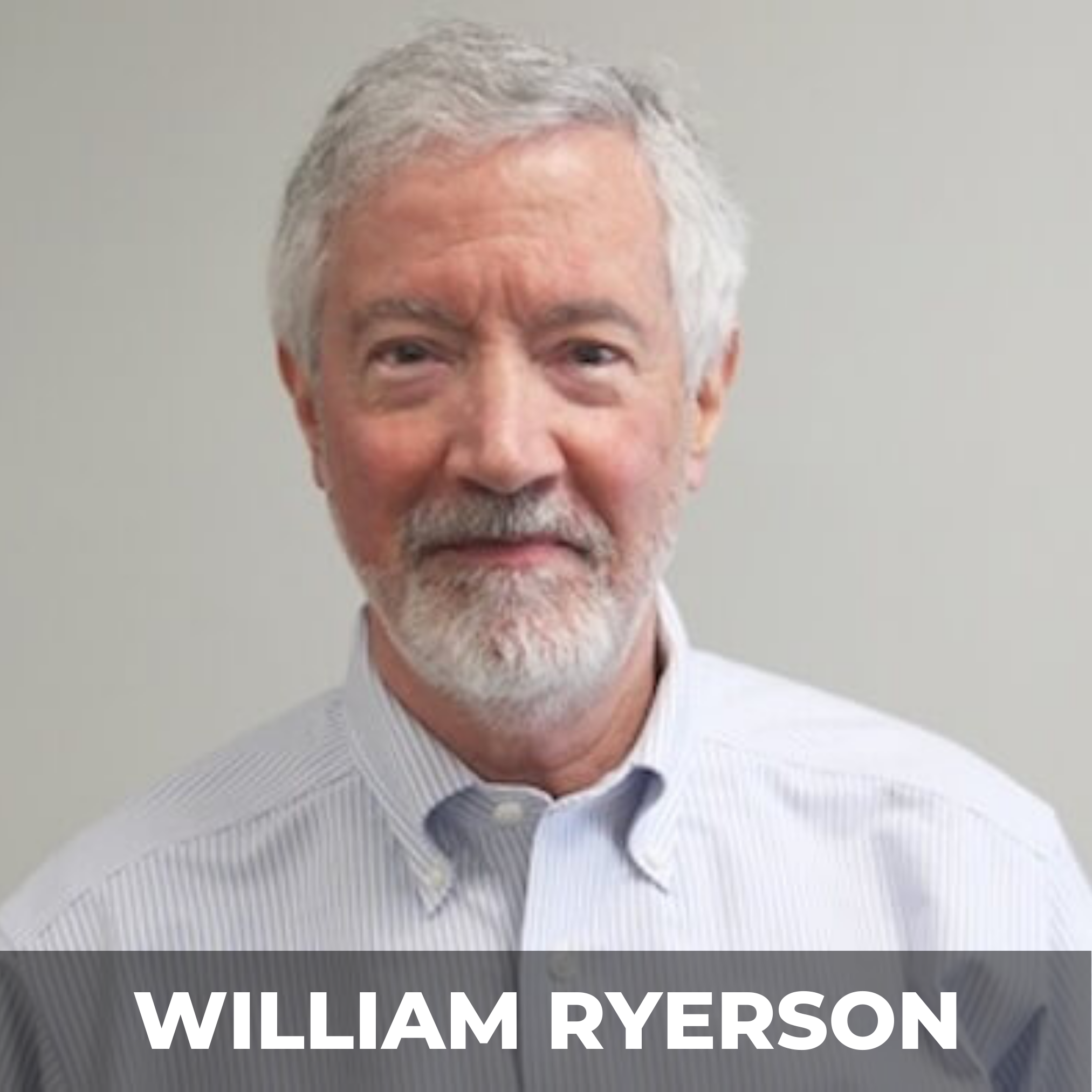
Soap Operas For Social Justice
Bill Ryerson, founder of one of the most effective sustainable population organizations in the world—Population Media Center, discusses the educational entertainment that his organization has used to promote important social and cultural changes that have helped 500 million people in over 50 countries.









